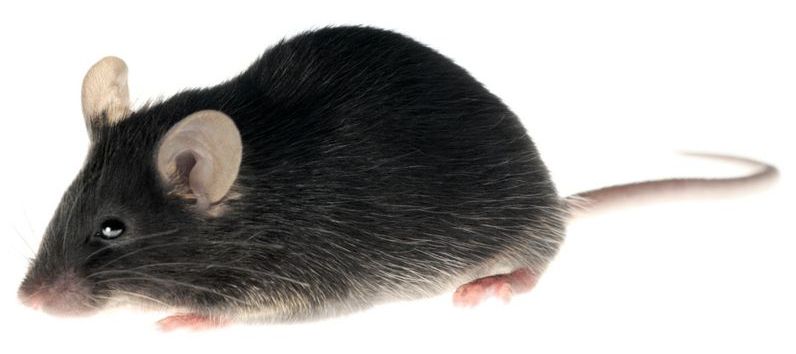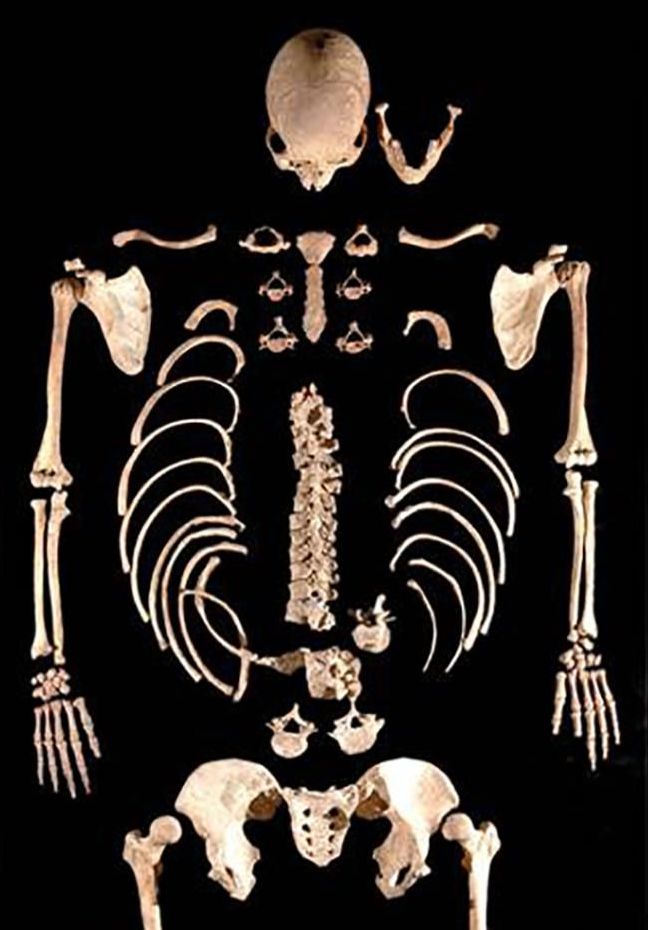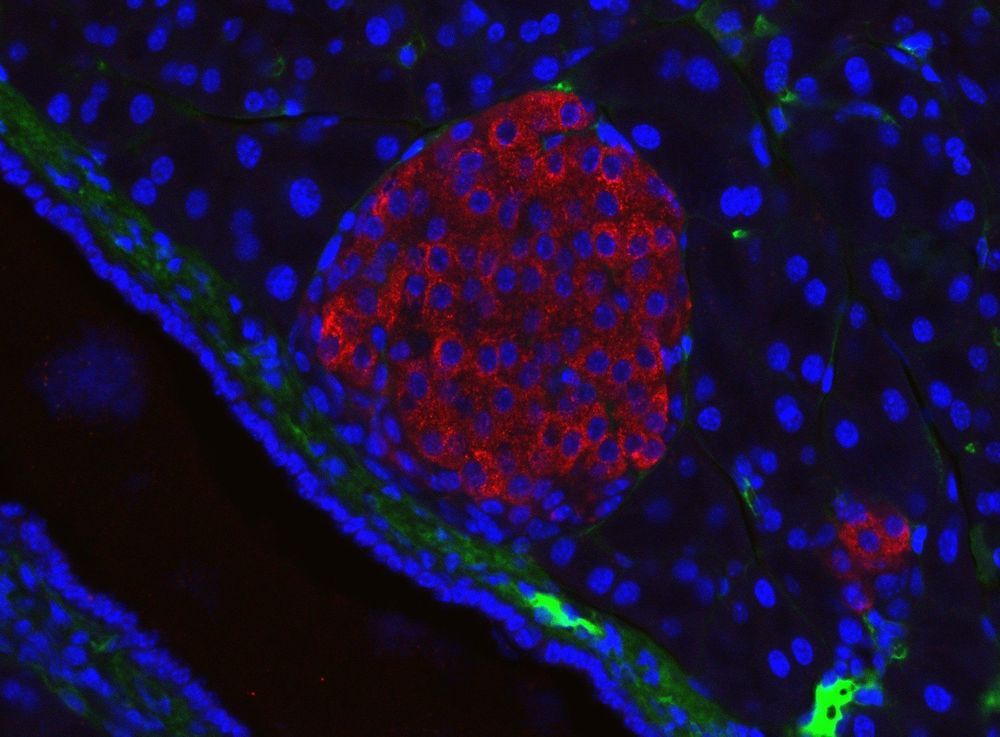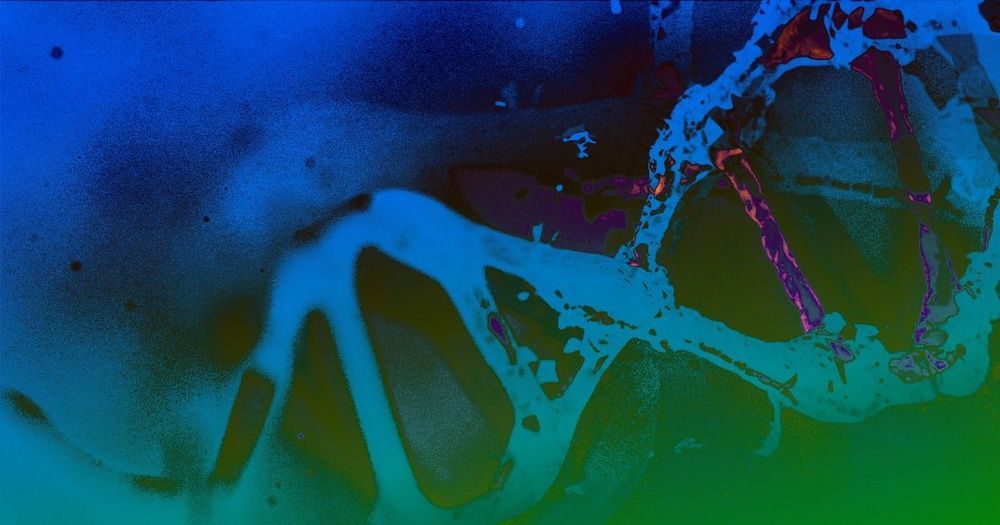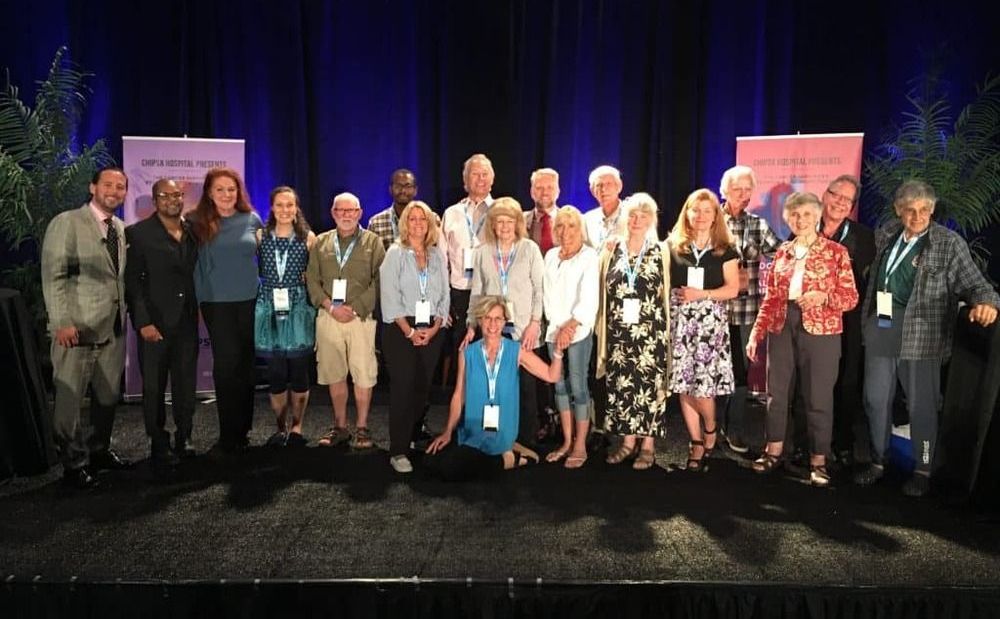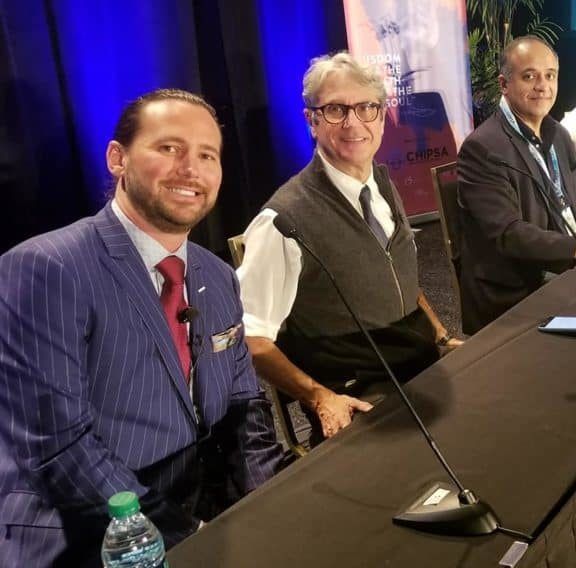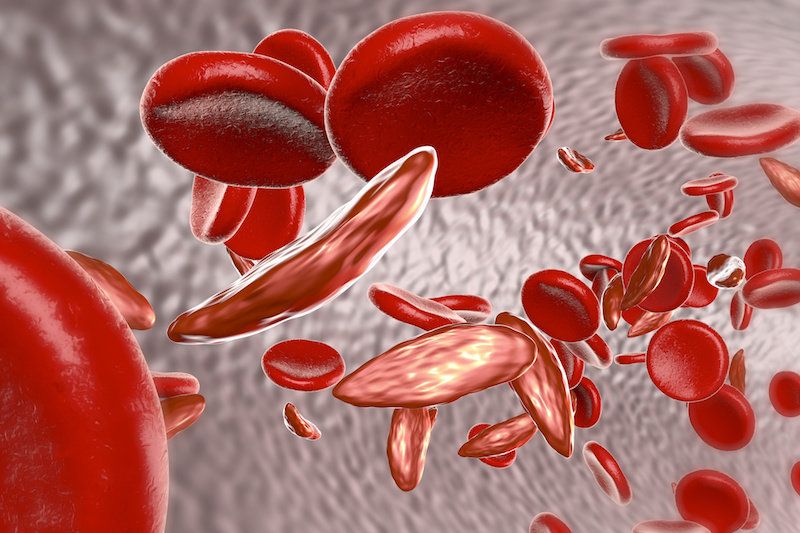Today, we want to draw attention to a new study that shows how partial cellular reprogramming was able to reverse cellular aging and address age- and injury-induced blindness in mice.
Epigenetic alterations
One of the proposed reasons we age is the changes to gene expression that our cells experience as we get older; these are known as epigenetic alterations. These alterations cause harmful changes to cellular function and gradually shift our cells from a youthful to aged state.
